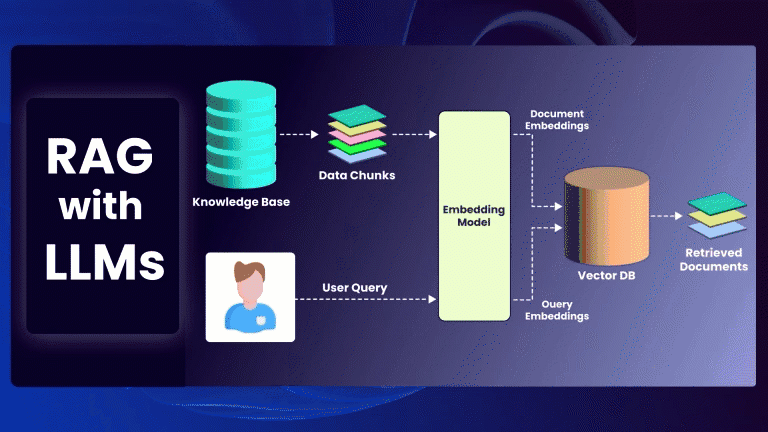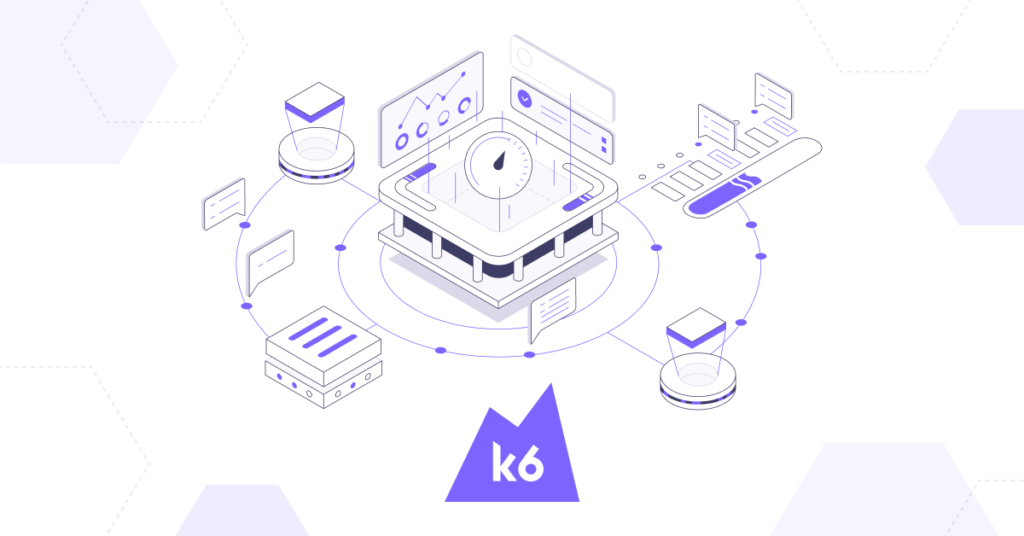As a beginner in the exciting world of QA automation, I want to share my experiences, research, and practical insights. Testing AI isn’t just about checking if it works—it’s about making sure it’s fair, reliable, and adaptable as it learns and grows. In this blog, I’ll take you through my journey and what I’ve discovered so far.
Why Testing AI Systems is Different
AI systems aren’t like regular software. They’re dynamic, rely on massive datasets, and use complicated algorithms. Unlike traditional apps, AI systems can behave differently even when given the same input. Plus, they’re at risk of bias if the data isn’t diverse enough, and they need to keep learning to stay relevant.
Some key challenges are:
- Unpredictable behavior: Outputs can change based on training data.
- Data dependency: The quality of the system depends on the quality of the data.
- Bias risks: It’s tough to ensure fairness for everyone.
- Continuous updates: AI systems need retraining as data changes.
Why QA Automation is Crucial for AI Testing
1. Handling Large Volumes
AI systems deal with huge datasets, and automation helps test these systems efficiently by running multiple tests at the same time.
2. Faster Testing
AI models go through many updates, and manual testing can’t keep up. Automation:
- Quickly validates models after updates.
- Runs regression tests faster.
3. Consistent Results
Testing AI repeatedly to ensure reliability is key. Automated tests produce consistent results, making it easier to identify problems.
4. Checking for Bias
Automated tools can:
- Analyze datasets for potential bias.
- Test outputs to ensure fairness.
5. Adapting to AI’s Changing Nature
Automation supports ongoing testing strategies, like:
- Monitoring performance in real-time.
- Testing new data and scenarios dynamically.
How to Automate AI Testing
1. Testing AI Models
Use automation to check:
- Accuracy: Are predictions close to what’s expected?
- Performance: Is the system fast and efficient?
- Robustness: Does it handle unexpected or edge cases?
2. Testing Data Pipelines
AI relies on clean, consistent data. Automation ensures:
- The data is processed correctly.
- Any issues like missing or incorrect data are caught early.
3. End-to-End Testing
AI systems often connect to APIs, user interfaces, and databases. Automation helps test these integrations to make sure everything works smoothly.
4. Continuous Testing in CI/CD
Adding automated tests to CI/CD pipelines ensures:
- New updates are tested immediately.
- Deployments are safer and more reliable.
Tools for QA Automation in AI
Some tools that help with automating AI testing include:
- TensorFlow Testing Library: Great for unit testing AI models.
- Seldon Core: For testing and monitoring AI models in production.
- Jupyter Notebooks: Handy for creating and running test scripts.
- Python Libraries: PyTest, Scikit-learn, and PyTorch utilities for testing.
QA automation is essential for testing AI systems because of how complex and dynamic they are. Automated testing makes sure these systems are reliable, fair, and ready for the real world. As a QA engineer, I’m excited to keep learning about this field and share my journey. What do you think about using QA automation for AI testing.







💯